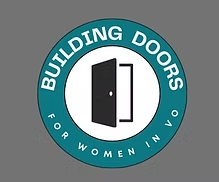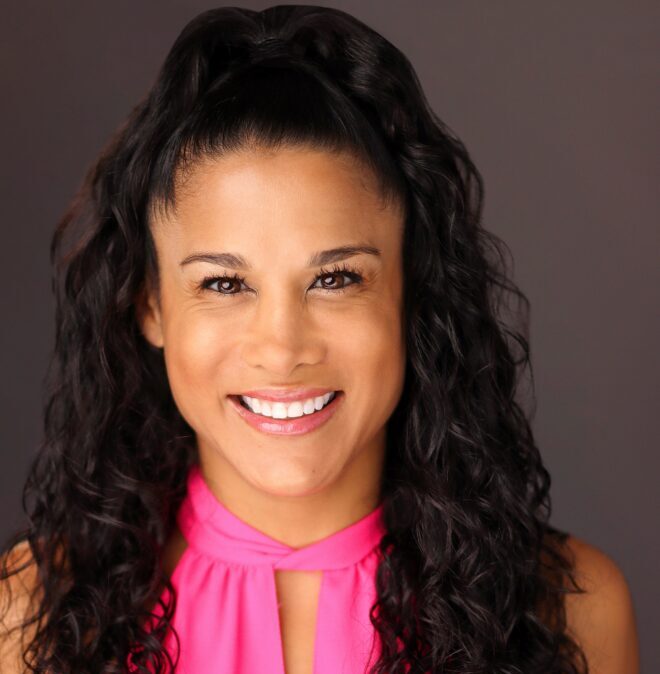As the year comes to an end and my workload also starts to slow, now is a perfect time to start coming up with new goals and a game plan for 2023. I love coming up with New Year’s resolutions, both professional and personal. Some of my highlights from years past include: learning to touch my toes (passed), acquiring a taste for sushi (passed), and stretching daily (failed). I like to keep a list in the Notes app of my phone so I always have access to it and can cross things off when I accomplish them.
While most of my personal goals for the year tend to be pretty straightforward, I like to spend a few hours before the New Year sitting down and charting out my voice-over goals and detailing how I plan to get there. It’s a great way to stay motivated and keep myself accountable, so I recommend you follow my lead!
When I think about my voice-over goals for the year, I usually narrow it down to a few different categories:
- Income goals (both weekly and monthly)
- Genre goals (breaking into video games this year, doing a new audiobook, etc.)
- Growth goals (getting a new demo, coaching, participating in a workshop, etc.)
- Auditioning goals (daily output, focus areas, etc.)

I’d start by thinking about which areas matter the most to you right now in your voice-over career. Maybe it’s something mentioned above or something entirely different depending on your strengths and interests. Come up with some ideas for general areas that can be improved and start by jotting those down.
During your brainstorming session, let your thoughts flow. Feel free to put down anything that comes to mind before we move into the next step of any good goal setting session: defining our SMART goals.
Using SMART goals is an extremely powerful tool that I always apply to my goal-setting sessions. It’s helped me narrow down what’s most important to me and create a tangible, achievable plan to get there. If you haven’t heard of SMART goals, here’s what you need to know:
SMART is an acronym.
S = Specific
M = Measurable
A = Achievable
R = Realistic
T = Time Bound
You can find plenty of help resources online for setting up SMART goals (like this blog post by Pamela Muldoon), but let’s go through an example together of what can take a lofty brainstorm idea to a perfect SMART goal.One of my goals for this year is going to be booking more video game jobs. That sentence alone is a great idea, but it’s not really enough. I don’t have any idea of how to actually achieve that – it comes off as more of a distant dream than a serious mission that I’m on. Here’s how we make “book more video games” SMARTer.
S = Specifically, I want to book more characters in video games for consoles rather than mobile app games. I want to be booked as a main character, not just an NPC.
M = Instead of just saying this generally, I’m going to set a goal for myself of booking five video games this year. I want two of those bookings to be as a main character, and the other three can be as an NPC or side character.
A = In order to achieve this, I need to be auditioning for ten video games a month. I am going to make sure I dedicate an hour each week to sourcing new game auditions and submitting them. It would also make my goal more attainable to seek extra coaching, so I’m going to be sure to join one character acting or videogame specific workshop each month, and connect with a character coach in the first quarter of the year to get one-on-one training. I may also need to join new auditioning websites to gain access to video game auditions – I will commit to joining two new casting call pages by March in order to broaden my reach.
R = Maybe it isn’t realistic to shoot for five video games this year. If I feel that’s too much for this point in my career, let’s drop that to three. This is a really important part of the SMART goal process! Gut check with yourself and make sure you’re giving yourself a challenge that you can attain.
T = I would like to book these video games before December 31st of 2023. My goal is to book one every four months throughout the year. I will also be submitting ten auditions per month to make sure I’m able to achieve this.
Now we’ve taken a general goal into something with a real, actionable plan to it that I can follow throughout the year! After working through this, I then go back to my brainstorming and work through this exercise for each of the goal categories I’ve created until I have a hyper-specific guideline to reach my income, personal development, auditioning, and bookings goals.
Take that time in the lull between Christmas and New Years this season to sit down and spend the time creating SMART goals for 2023. It’s going to help you reach that next level in your career next year, I can feel it!
Check out our free PDF with pro-tips from real working voice-over actors here!
Want to learn more about voiceover? Signup for our introductory VO webinar.





